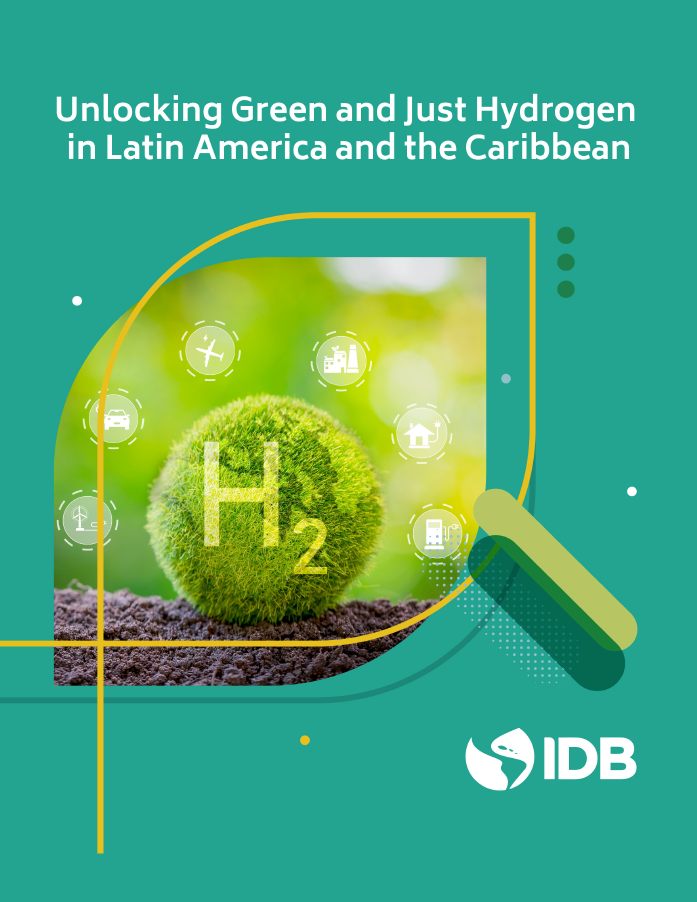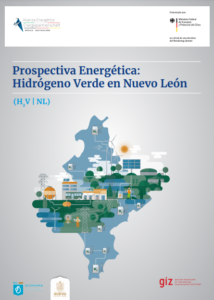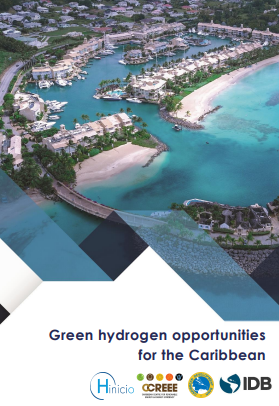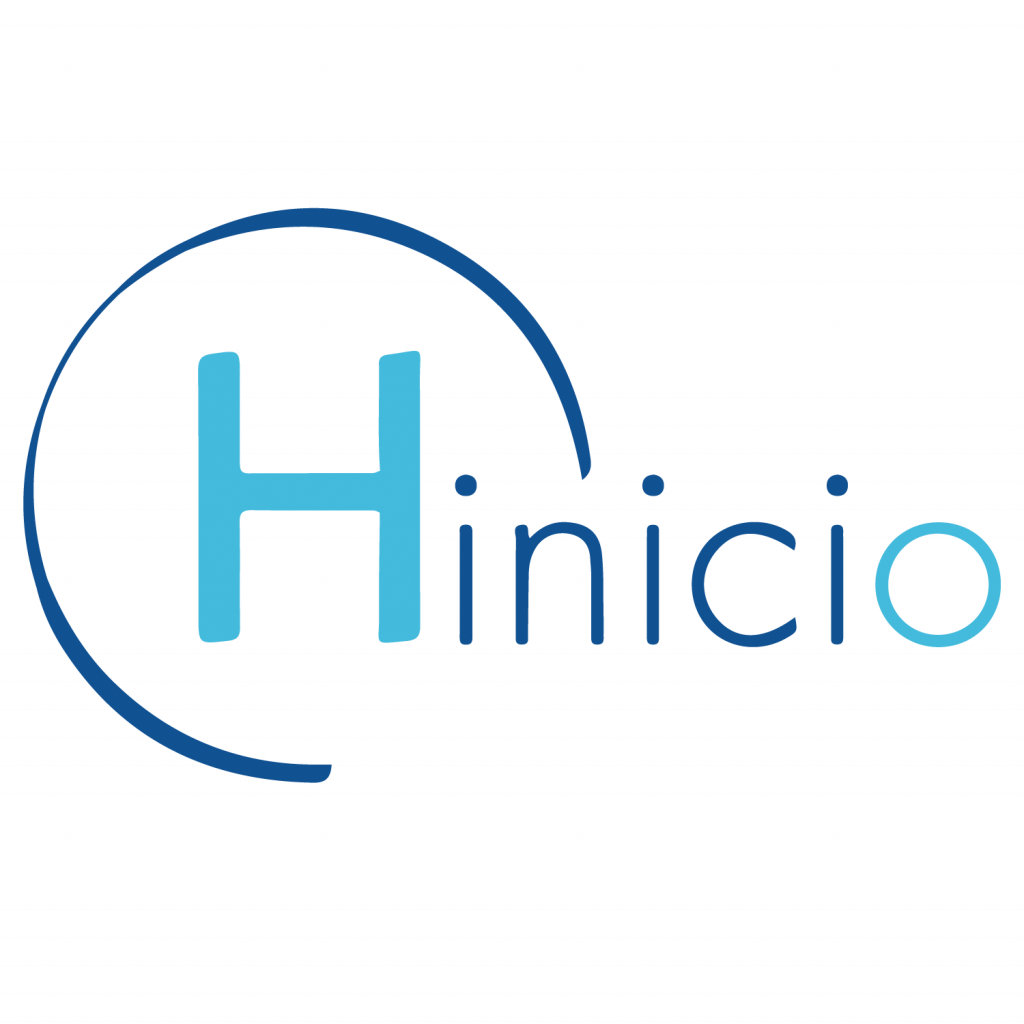Chile has emerged as a frontrunner in Latin America’s energy landscape, particularly in renewable energies. Its strategic position renders it one of the most promising markets, poised to lead both local and regional energy transitions. Since the inception of discussions on renewable and/or low-emission hydrogen, Chile has pioneered the region with its “National Green Hydrogen Strategy” in 2020. Subsequently, it has showcased significant advancements in project development, regulatory frameworks, and ecosystem enhancement, solidifying its status as an economy at the forefront of the hydrogen industry nationally.
The first edition of the Energyear H2 Chile event, held in Santiago on March 7th, provided a platform for leaders and experts in the sector to analyze the current and future landscape of the industry in the country. Hinicio, as a consulting firm involved in the development of this market in Chile, participated in the event with Germán Villarroel, Head of Hinicio Chile, and María de los Ángeles Valenzuela, Manager in Hinicio in Chile. Together, they addressed topics such as infrastructure, logistics, and storage of green hydrogen, as well as hydrogen-derived products such as ammonia, methanol, DME, SAF, and E-fuels.
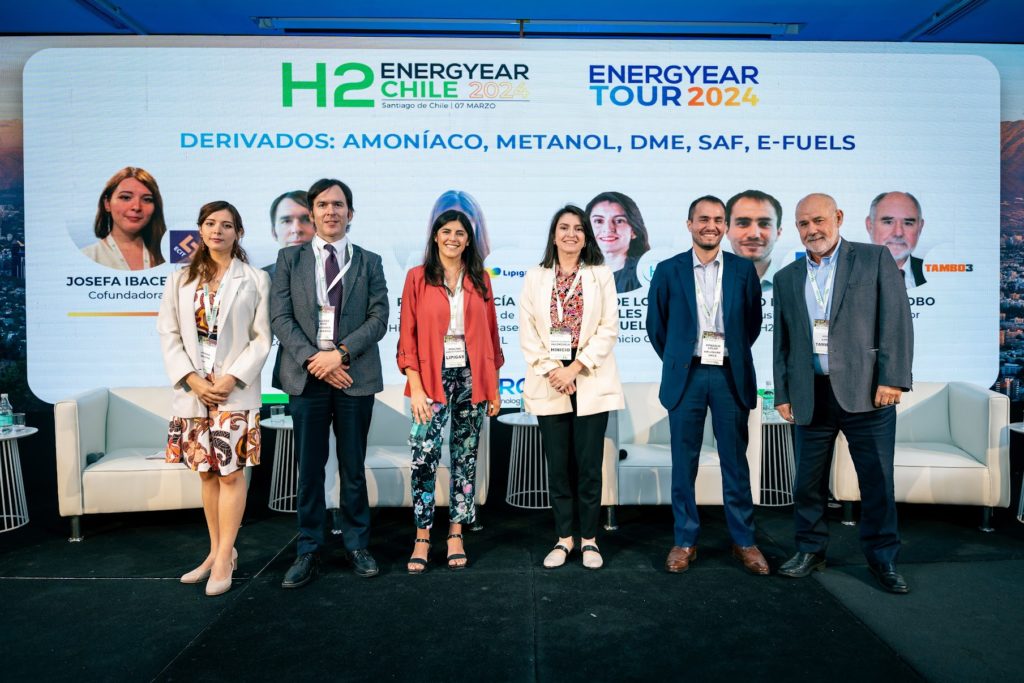
Energyear H2 Chile 2024 – Source: Energyear
During this event, various leaders discussed some of the most important and essential aspects for the progress of this industry in Chile. What are the market expectations, and what challenges are foreseeable in the near future?
- It is essential to implement a coordinated process between the public and private sectors for the development of a shared and enabling hydrogen infrastructure. There is a growing concern among various stakeholders along the value chain, especially among project developers.
- There are high expectations regarding how the funds from the Green Hydrogen Facility will be utilized, a project aimed at promoting investment in green hydrogen projects in Chile. This $150 million loan, granted by the World Bank, marks the first of its kind globally aimed at promoting renewable hydrogen.
- Large-scale projects necessitate significant time for permit processing, financing, evaluations, and procedural formalities. Extending financing timelines is crucial for efficient project amortization.
- There is an increase in interest from other stakeholders in participating in hydrogen events and market, as evidenced by the presence of the Chilean Navy in a panel dedicated to the technology and application of H2 in terrestrial, maritime, and aerial transport.
According to the National Green Hydrogen Strategy, Chile aspires to produce the world’s cheapest renewable hydrogen by 2030 and plans to position itself among the top three exporters globally by 2040. Although its development and leadership in the region are imminent, challenges persist that must be addressed to achieve a robust economy and consolidate its global leadership.
Do you have questions about the hydrogen market in Chile and need assistance with your projects? Feel free to contact our experts at: chile@hinicio.com.

